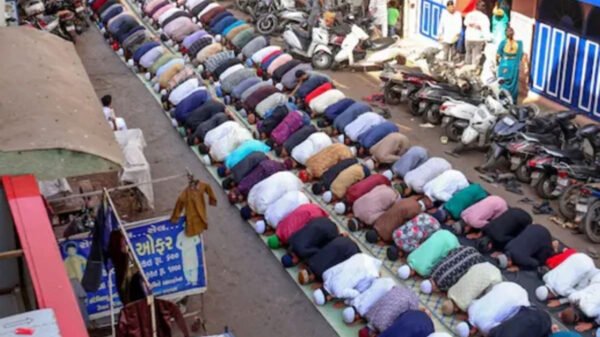A reasonable tax will soon be imposed on wholesalers, retailers, and traders to ensure a fair economic system, Adviser to the Finance Minister Khurram Schehzad stated on Sunday. The move aims to broaden the tax net and reduce the burden on the salaried class.
“We had productive discussions with retailers. Expect new measures and taxes soon,” Schehzad said during a video appearance on Dus.
He emphasized that the government is committed to bringing all sectors under the tax umbrella. The International Monetary Fund (IMF) and financial experts have long urged Pakistan to increase its tax base rather than overburdening salaried individuals.
In September, the IMF’s Executive Board approved a $7 billion, 37-month loan program for Pakistan, requiring fiscal reforms to ensure macroeconomic stability. The agreement released an initial $1 billion to Islamabad. Pakistan has relied on 22 IMF bailout programs since 1958.
Schehzad also highlighted the need for an agriculture tax, noting that all four provinces had agreed to implement it. “Agriculture contributes 23% to the economy but generates less than 1% in taxes. We have identified a timeframe of three to four years for implementation,” he explained.
Comparing inflation trends, he asserted that Pakistan’s economic situation was improving compared to countries like Egypt, Argentina, and Turkiye.
On the issue of salary hikes for lawmakers, he defended the need for a competitive pay structure, arguing that fair compensation could help curb corruption.
Addressing pension system inefficiencies, Schehzad revealed that reforms could save the country Rs170 billion annually. He acknowledged the need for systemic adjustments to resolve these irregularities.
Regarding government restructuring, he mentioned plans to reduce administrative costs. “The civil government’s operational expenses amount to $3 billion. We aim to cut $1 billion as soon as possible.”
Pakistan’s federal government currently operates with 43 ministries and over 400 departments. Schehzad stressed the importance of reducing the government’s size to improve efficiency.










